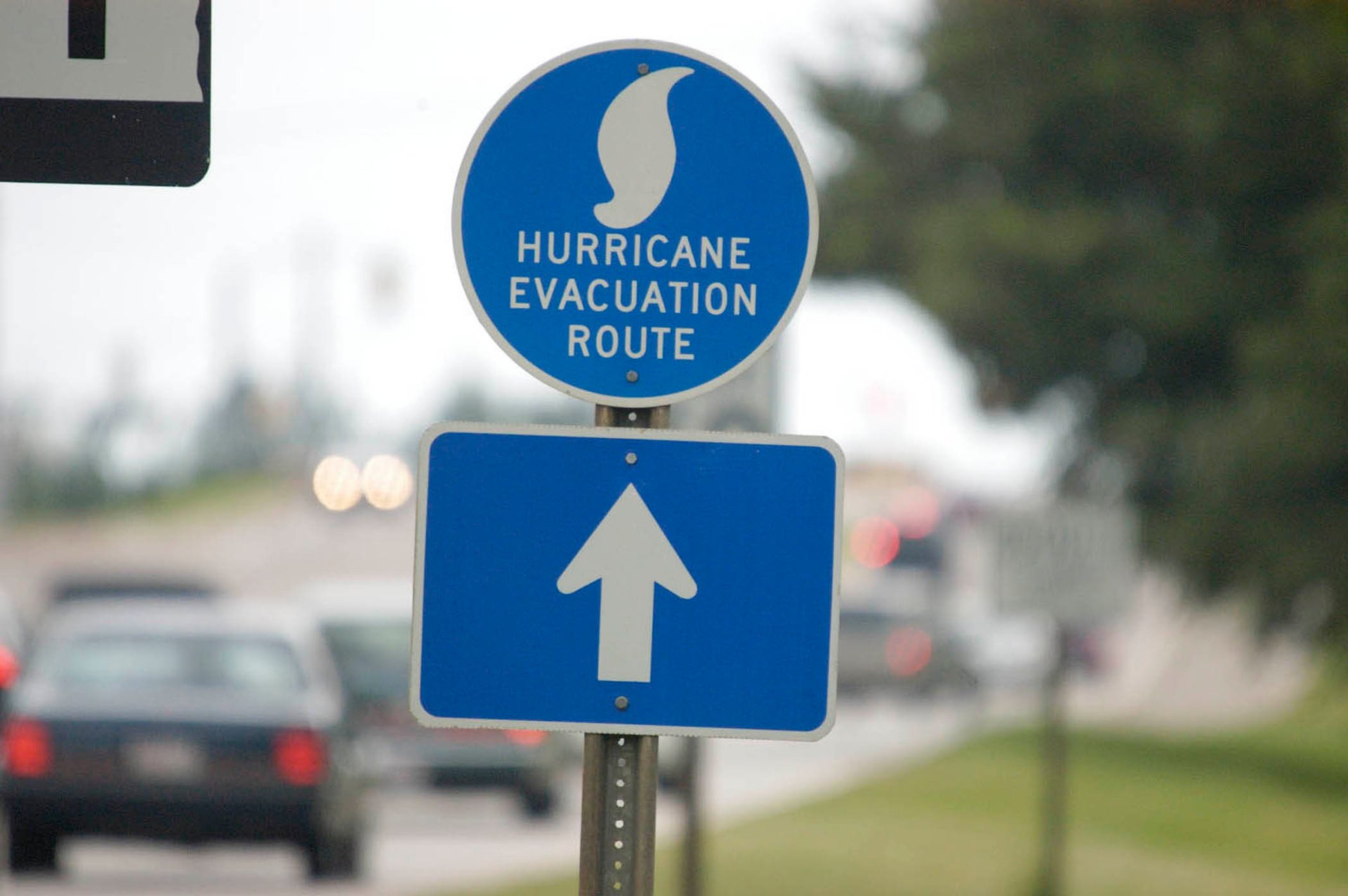
As Hurricane Florence bears down on the Eastern U.S., millions of homeowners are likely filled with dread and worry.
I can sympathize — I clearly remember when Hurricane Wilma hit South Florida in 2005 and left me and thousands of others without power or drinkable water for two full weeks.
While nobody can tame Mother Nature, there are a lot of precautions you can take to protect your home, family and electronics from major storms. Here are 11 steps you can take before the next natural disaster strikes:
1. Make the most of empty space
Use empty freezer space to freeze water in plastic containers. That way, you’ll be ready if the power goes out. Without power, your refrigerator and freezer will be like picnic coolers. The ice containers will keep them cold longer.
2. Back up and stock up
Regularly back up your computer’s files. There are lots of free services to do so, ranging from Dropbox to Google Drive and Microsoft OneDrive.
Stock up on batteries for your electronics and have a battery-powered version of everything: radio, flashlight, clock and fan.
Remember, when there’s no electricity, there’s no gas. At the first sign of impending peril, fill up the car and — if you have a generator — gas cans.
3. Protect against surges and fires
Remember the difference between a power strip and a surge protector: A power strip might have surge protection. A surge protector often looks like a power strip, but always offers surge protection.
If the packaging doesn’t mention surge protection/suppression, don’t assume the device will protect against surges.
4. Don’t get locked out
Have an electric garage door opener? Better find out where the manual release lever is and learn to use it. You may need an extra pair of hands to lift the door.
5. Get a corded phone for landlines
A cordless phone or answering machine won’t work if the power’s out. Your cellphone may be difficult to charge or have reduced service in and after a major storm. So, plan on alternate, traditional communication, such as a corded phone.
6. Make a plan
Create paper copies of lists of important information — such as phone numbers — and an established meeting place in case you lose communication. You can also put such a list in your phone.
Familiarize yourself with your main electrical panel and make a chart of breaker positions and what they feed. You may have to reset circuit breakers after an outage.
7. Create a kit
Take a backpack or large plastic bucket and fill it with:
- Three days’ worth of food and water
- Flashlight
- Battery-operated radio
- First-aid kit
- Money
- Medications
- USB drive with important files
Keep it in a place that is safe — somewhere you can get to in an emergency.
8. Use these 2 tricks to check your power status
Leave a light on somewhere. That way, you’ll be able to see when power comes back.
If you’re evacuating, you won’t know for sure how long the power went out — and whether the food in the fridge and freezer is still safe. Maybe the power was out for five hours, or maybe it was out for five days.
Here’s a trick someone told me a few years ago: Leave a penny on top of an ice cube in the freezer. If you come back and the penny’s refrozen at the bottom of the tray — or sitting in water — you know there was a lengthy outage that allowed the ice to melt completely.
That means it’s time to go grocery shopping.
9. Don’t get shocked
Avoid fallen wires, flooded areas and debris. Assume that anything touching a downed wire will fry you.
10. Make an inventory
Always have a home inventory — the insurance company won’t pay for things you don’t remember to claim. And there’s no way you’ll remember everything.
Write everything down, or simply use your cellphone or other camera and videotape everything while dictating when you bought it and how much it cost.
11. Protect your paperwork
Take difficult-to-replace papers and put them in a waterproof container. Keep it where you can grab it and run.
The first priority is things with raised seals and original signatures: car titles, your passport, your home deed – you get the idea. Keep them in a safe place where you can quickly grab them and go.
Do you have more tips for preparing for natural disasters? Share them in comments below or on our Facebook page.




Add a Comment
Our Policy: We welcome relevant and respectful comments in order to foster healthy and informative discussions. All other comments may be removed. Comments with links are automatically held for moderation.